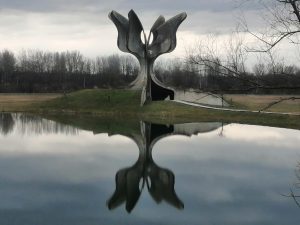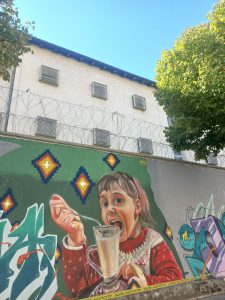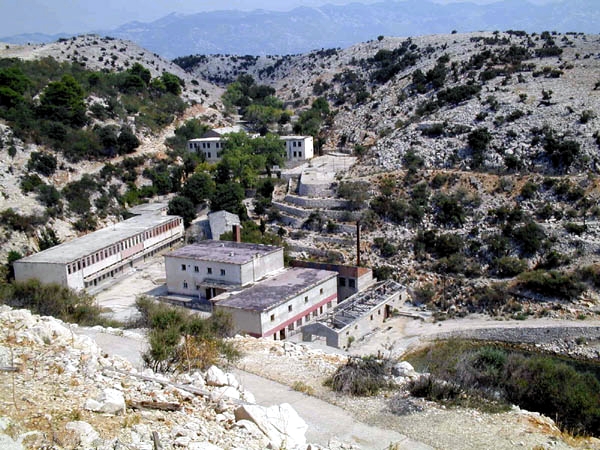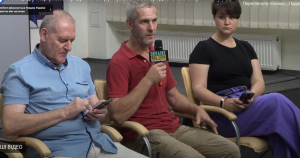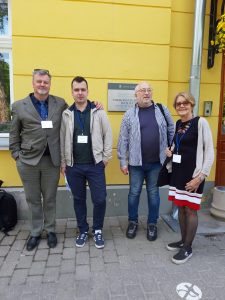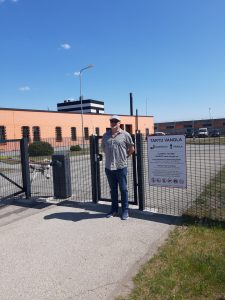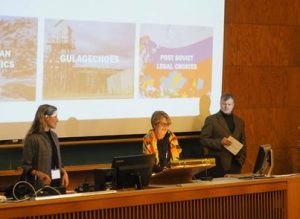Judith Pallot and Brendan Humphreys undertook a field trip to Croatia, as part of the project Politics of Punishment.
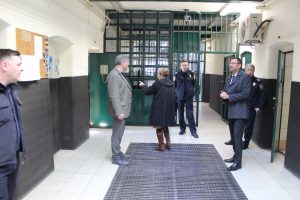
Over the course of a week in late February, the managed to visit three important sites, and carry out extensive expert interviews.
The first site was Lepoglava penitentiary in northern Croatia. The prison, the oldest in the former Yugoslavia is both of considerable contemporary and historical significance.
Gaining access took lengthy negotiation, as typically researchers are not allowed on the premises. Pallot and Humphreys were allowed to interview staff, both past and present, and were given an extensive tour of the prison.
Although the prison does not have a museum, the cell of one of its most famous inmates – Archbishop Aloysius Stepinac of Zagreb, held there from 1946-52 – has been preserved intact (see photo). Indeed, notable Yugoslavs had served in the prison over the decades, including Tito, Moša Pijade, and Franjo Tudjman.
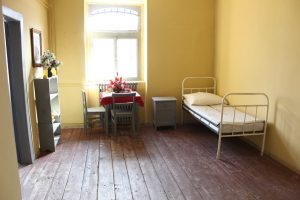
Lepogala also has an open, and a semi-open facility. Among the activities of the prisoners in these facilities are staffing a restaurant in the town, and working in a wine-making facility. Some of the wines have won international awards.
The second part of the trip was a set of interviews with prison officials and retirees in the Justice Ministry on Zagreb. Two full days of interviews took place there, as staff –especially retired staff – were very eager to share their views and experiences.
Also in Zagreb, Pallot and Humphreys met Professor Krešimir Petković, a political scientist and expert on Croatia’s prison system. Professor Petković is an invited speaker for the 2023 Aleksanteri Institute conference, Decolonizing Space in the Gobal East: Legal Choices, Political Transformations, and Carceral Practices, to be held in October.
Finally, Pallot and Humphreys visited the memorial site of Jansenovac camp, located some 100 kilometers south of Zagreb, separated from Bosnia by the Sava river. The camp, which operated from 1941-45, was the most notorious concentration camp of the Ustasa regime, and functioned as an extermination site. An estimated 87,000 to 100,000 thousand Serbs, Jews, Roma, and Croatian opposition figures perished at the camp.
